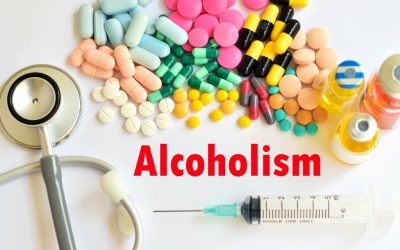But eventually, the relief fades, and the person is left facing the same emotions—only now https://tijadevelopment.or.tz/can-you-get-addicted-to-wine/ with the added weight of addiction. Drinking alcohol in social situations is acceptable and often encouraged in American culture — parties, sporting events, dates, even some movie theatres serve alcohol now. A true “social drinker” will have one — occasionally two — drinks in these situations. If you’re having several drinks and feeling like you need to have alcohol in social situations to feel comfortable or confident, it’s time to take a look at your substance use.
Negative Effects of Alcohol on Healthy Coping Mechanisms
These themes include seeking social support, as well as psychological coping strategies, spiritual experiences, professional interventions, and the enhancement of awareness. MDD diagnoses were directly, and independently, predicted by depressive symptoms and substance use coping. Relatedly, although alcohol use was not directly related to MDD diagnoses, alcohol use in early adulthood did indirectly predict MDD diagnoses and suicidality via substance use coping. It is worth highlighting that, although the path from alcohol to later depression via escalating use of substances to cope is consistent with theoretical perspectives, there are very few direct longitudinal tests of this pathway in the literature.
Inpatient Treatment

In this way, even “good” coping mechanisms can become addictive if used for long-term escape and avoidance. The self-medication hypothesis suggests that individuals use drugs and alcohol to cope with psychological distress. For instance, someone dealing with chronic anxiety might turn to alcohol to calm their nerves, while another person experiencing depression might use stimulants to feel more energized. Social and environmental factors also play a significant role in why people turn to drugs and alcohol. Peer pressure, what is alcoholism especially during adolescence, can lead to experimentation with substances.
What Are Coping Mechanisms?

Bernstein points out that many women find support in Alcoholics Anonymous, since women who are struggling with sobriety are also often coming from violent or traumatic relationships. Mindfulness is something that can be difficult at first, but that’s why it’s important to practice. If you practice when you aren’t already in crisis, it’s more likely to be effective when you need it. The enhancement motive, already established in adolescence 89, continues to alcohol as a coping mechanism be pursued in adulthood 22, 107. The ability to lose oneself in an intoxicated state was valued by some respondents as a means of escaping.
- According to a 2022 review by Lebow H. I., et al, “Do You Know How to Manage Your Emotions and Why It Matters”, emotional regulation techniques help manage strong emotions, promoting healthier responses to stress and improving overall well-being.
- Whenever you’re feeling stressed, you can look to one of these activities to brighten your day and ease your burden.
- This is something individuals in addiction treatment may struggle with, especially if they once used drugs or alcohol as a means of numbing themselves from the outside world.
- At worst, it can contribute to anger, fighting, and irresponsible behavior in relationships.
- Having a positive attitude can do a lot to overcome addiction challenges and maintain long-term sobriety.
- By consistently recording these instances, patterns emerge that highlight specific triggers such as work demands, relationship issues, or financial concerns that consistently lead to stress reactions.
